
Directors' Dilemmas
Tales from the Front Line
Recommendation
You rarely find a good advice book for directors, since publishers presumably believe that its audience would be small and that, in any case, those sitting on corporate boards ought to know what they are doing. But as the infamous debacles at Enron, Tyco, HealthSouth and other companies show, this isn’t always the case. getAbstract.com heartily recommends this book to all corporate board members, even those with long experience. Patrick Dunne provides a useful decision-making framework for resolving common problems. It is enhanced by behind-the-scenes case studies that depict a variety of difficult company decisions and how board members arrived at them - helpful for those facing similar crises. After reading this book, you will have only one dilemma left: deciding which of Dunne’s solutions to try first.
Summary
About the Author
Patrick Dunne is group communications director for the European venture capital firm 3i. He also wrote Running Board Meetings and the Non-Executive Directors’ Handbook. He is a visiting professor at Cranfield School of Management.





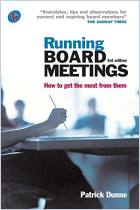


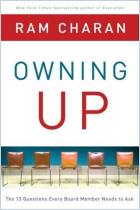
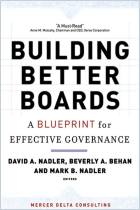
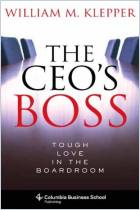
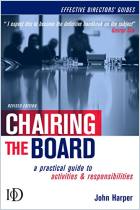




Comment on this summary